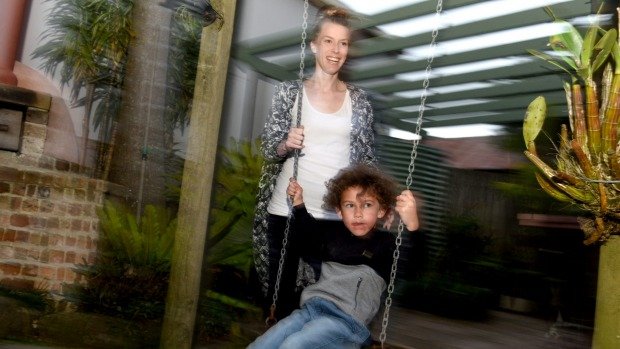Perth : More than eight out of 10 Australian parents admit to giving their children financial help to secure home loans and pay bills, according to a new survey by comparison website Finder.But only 40 per cent of adult children, aged 18 and over, admitted to receiving the assistance. Apart from no-catches cash, adult children said the most common types of financial help were for big-ticket items such as cars and white goods, for free or low-rent accommodation, and for paying bills.And financial experts are warning that such loans are to the families’ detriment.”It’s expensive to live in Australia, especially in capital cities and close to CBDs, which is where most people work. We found one in six get financial help from their parents because they are saving for a home loan deposit,” Michelle Hutchison, Finder’s money expert, said.Among the grown-up children, 53 per cent said they received help because their parents offered, 17 per cent because they did not have a job, and 17 per cent because they were planning to buy a house.Among the parents, 34 per cent said it was because they simply offered, 30 per cent, because their children struggled to manage their money, 20 per cent said they received help themselves when they were young, and 18 per cent because their children did not have a job.”Because they have always been provided for, some children struggle to learn ways to manage their money and become too dependent on that help. It’s not financially healthy to give adult kids everything they ask for,” Ms Hutchison said.Lisel O’Dwyer, a social scientist at Flinders University, said her research showed Australians handed out $22 billion to adult children each year.In the past 10 years there was a move away from helping with buying large items, and towards everyday needs on a more frequent basis, she said.”There will be a point at which the role of family versus the state must be rebalanced. We need to rethink who has the responsibility of helping out adult children when they need it,” she said,”And there are also ethical implications surrounding whether support is needed, expected or demanded. Like inheritance, the transfer of money to some but not others is at odds with a meritocratic society.”


You must be logged in to post a comment Login